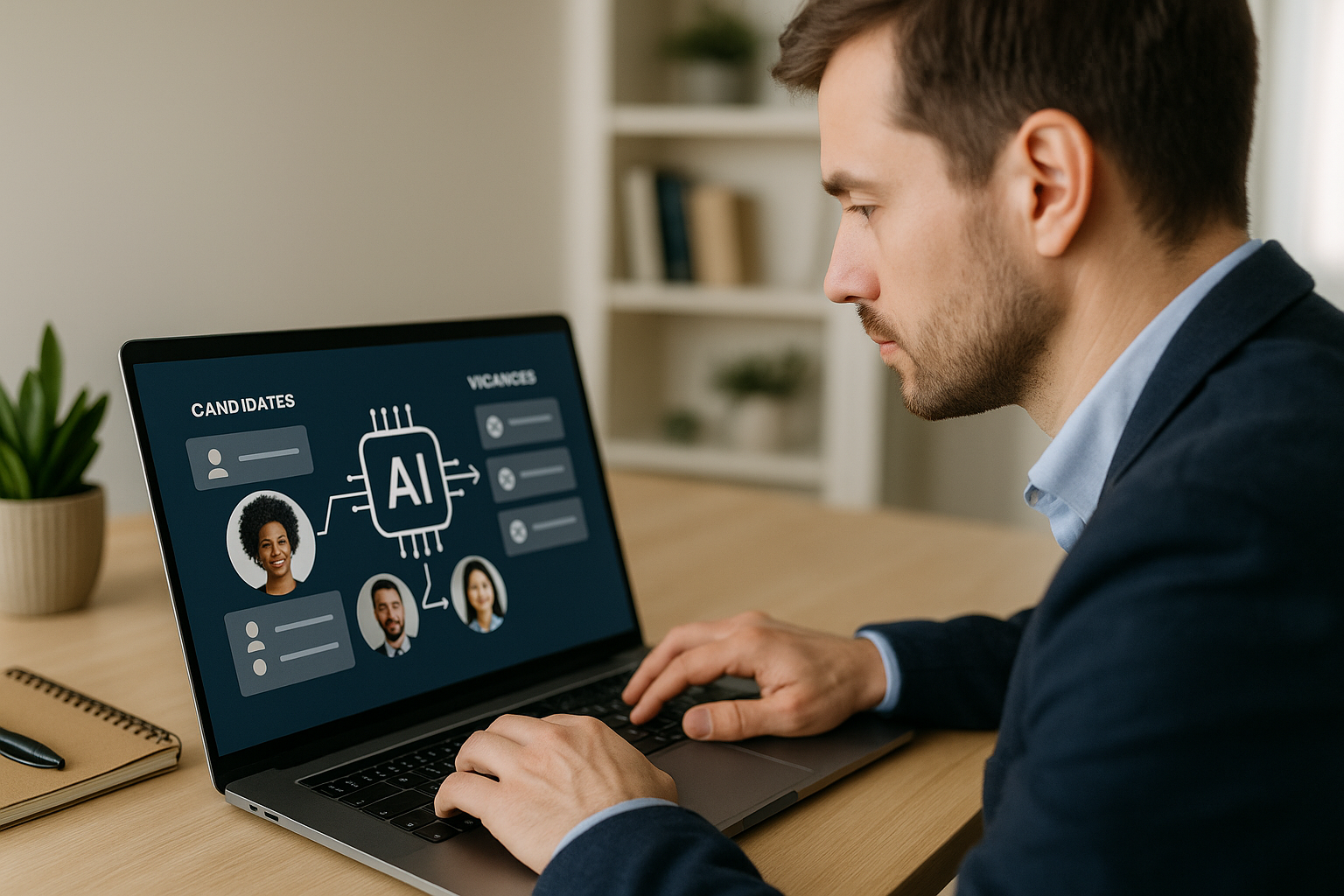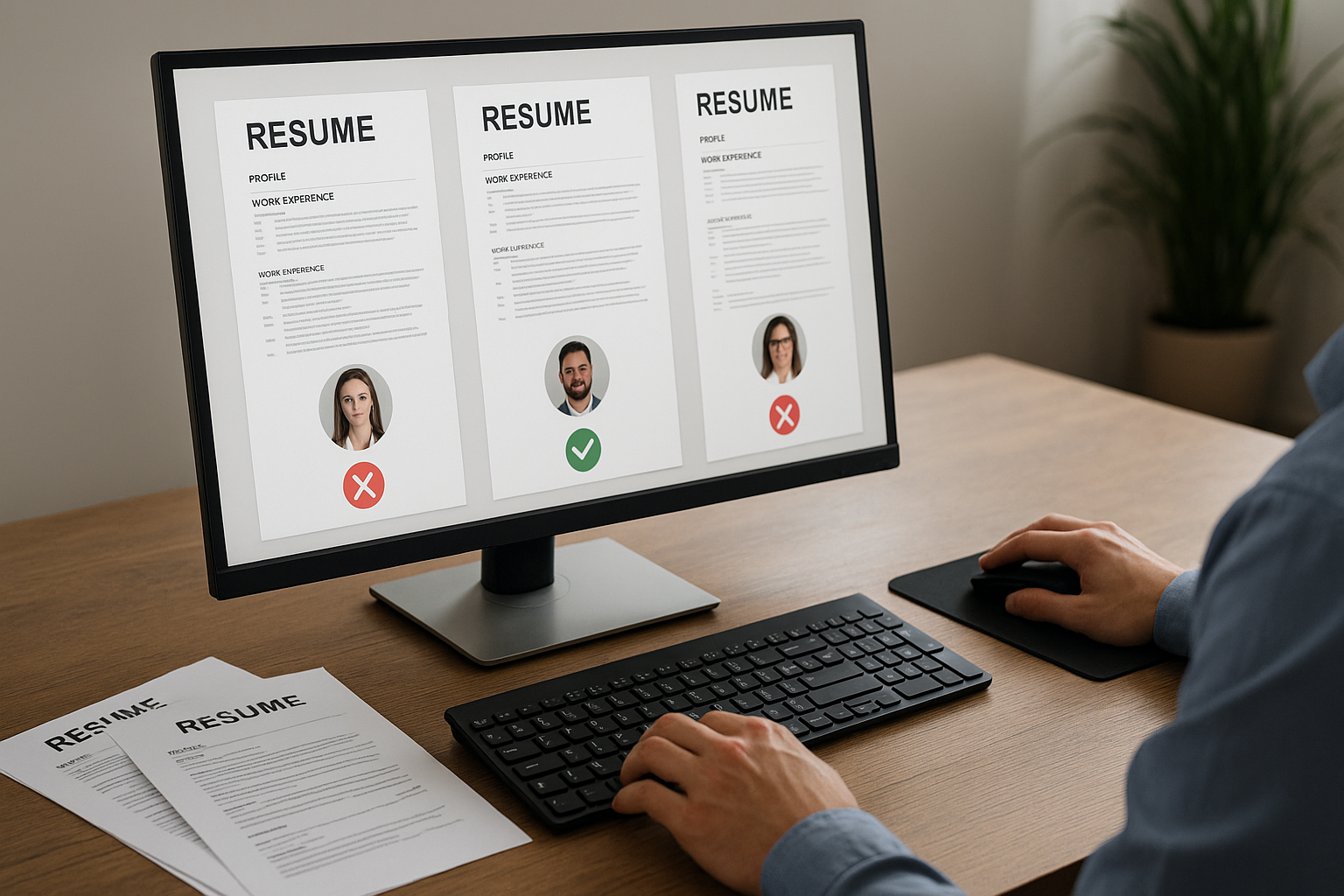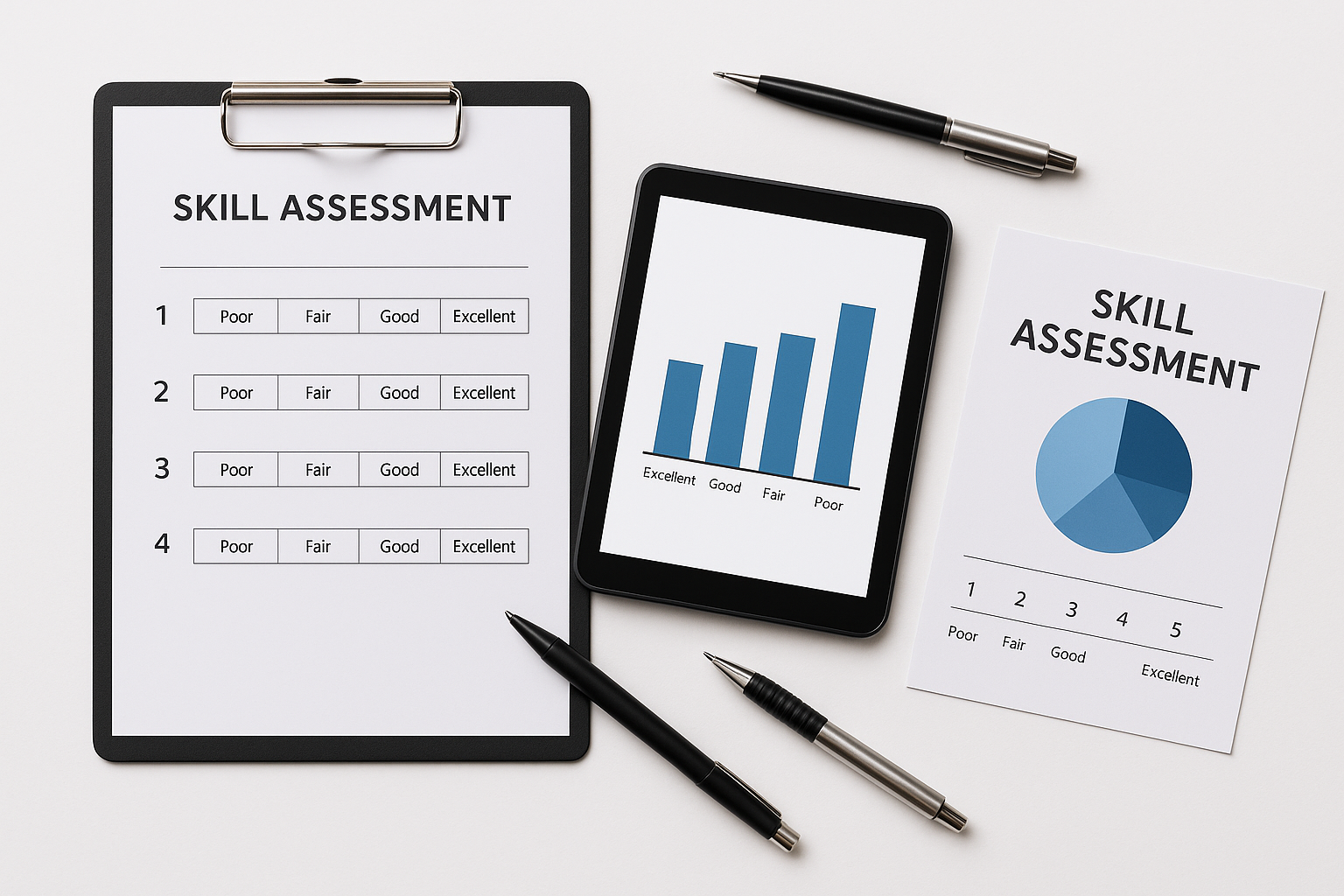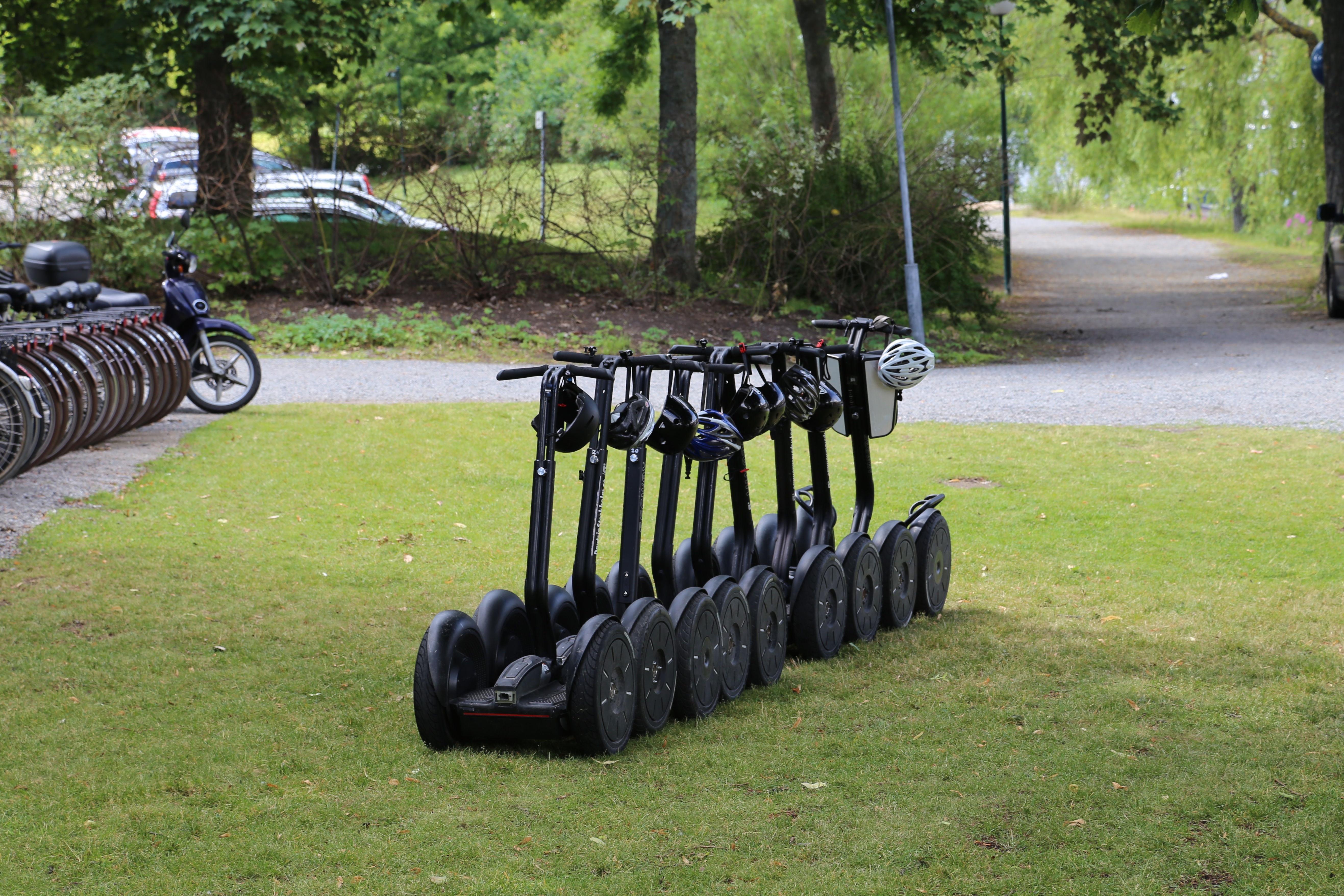11 AI Progression Predictions That Will Change Your 2026 Job Hunt
As we approach 2026, the world of job hunting is poised for a seismic transformation, driven by the rapid progression of artificial intelligence (AI). This technological evolution promises to reshape how candidates find jobs, how employers identify talent, and ultimately, how careers are built. The integration of AI into recruitment processes is not just a trend; it is an impending reality that will redefine the employment landscape. In this article, we will explore 11 predictions on how AI will evolve and impact your job search in 2026, offering a comprehensive look at the future of work and employment strategies. Each prediction not only highlights a unique aspect of AI's influence but also interconnects with broader societal and technological trends, providing a holistic view of what's to come.
AI-Powered Personalized Job Matching

By 2026, AI will have honed its ability to provide hyper-personalized job matching services. These systems will analyze vast amounts of data, including your skills, experiences, preferences, and even your online behavior, to suggest roles that fit you like a glove. Unlike traditional job boards, these AI-driven platforms will utilize machine learning algorithms to understand the nuances of your career trajectory and aspirations. This will significantly reduce the time spent searching for jobs, as AI will present opportunities you might not have considered, thereby enhancing job satisfaction and retention rates. Personalized job matching will also empower employers to find candidates who are not only qualified but also culturally aligned with their organizations.
Enhanced Resume Screening with AI

The days of manually sifting through stacks of resumes are numbered. By 2026, AI will be the cornerstone of resume screening processes, employing natural language processing (NLP) to interpret and evaluate resumes with unparalleled accuracy. These AI systems will not only look for keywords but also analyze context, achievements, and potential. This means candidates will need to focus on creating resumes that tell a compelling story, highlighting their unique value proposition. For employers, AI will streamline the recruitment process, allowing them to focus on engaging with top-tier candidates more efficiently. This shift will also mitigate unconscious biases, promoting a more diverse and inclusive workforce.
Virtual AI Interview Assistants

AI-powered virtual assistants are set to revolutionize the interview process by 2026. These digital interviewers will conduct initial screening interviews, asking tailored questions and analyzing responses through voice and facial recognition technologies. They will assess candidates' soft skills, emotional intelligence, and cultural fit, providing detailed reports to human recruiters. For job seekers, this means preparing for interviews with AI as they would for human interactions, focusing on communication skills and authenticity. This innovation will allow recruiters to focus on strategic decision-making and personalized interactions, enhancing the overall quality of the hiring process.
AI in Skill Assessment and Development

The role of AI in assessing and developing skills will expand significantly by 2026. AI platforms will offer real-time feedback and personalized learning paths, enabling job seekers to continuously upgrade their skills in line with market demands. These systems will analyze industry trends and predict future skill requirements, providing users with actionable insights to stay competitive. For employers, AI-driven skill assessment tools will ensure that candidates possess the necessary competencies, reducing the risk of mismatches and enhancing productivity. This evolution will foster a culture of lifelong learning, essential for adapting to the ever-changing job market.
Predictive Analytics for Career Pathways

Predictive analytics powered by AI will become a crucial tool for career planning by 2026. These systems will analyze historical data and industry trends to forecast potential career trajectories, helping individuals make informed decisions about their professional futures. By understanding the likely outcomes of different career choices, job seekers can strategically plan their education and job moves. Employers will also benefit from these insights, as they can identify potential leaders and invest in their development. This predictive capability will lead to more fulfilling careers and a more dynamic, forward-thinking workforce.
AI-Driven Networking Platforms

Networking will be transformed by AI-driven platforms that facilitate meaningful connections based on shared interests, goals, and values. By 2026, these platforms will leverage AI to recommend contacts, events, and opportunities that align with your professional aspirations. They will analyze your interactions and suggest ways to enhance your network, ensuring that you are always connected to the right people. For job seekers, this means having access to a wealth of opportunities and insights that can accelerate career growth. Employers will also benefit from these networks, as they provide access to a diverse talent pool and foster collaboration.
AI and Remote Work Opportunities

AI will play a pivotal role in expanding remote work opportunities by 2026, breaking down geographical barriers and creating a truly global job market. AI-driven platforms will match remote workers with suitable roles, considering factors such as time zones, communication styles, and project requirements. This will enable job seekers to access a wider range of opportunities, regardless of their location. Employers will benefit from a more diverse talent pool and the ability to build flexible, resilient teams. As remote work becomes increasingly mainstream, AI will ensure that both employees and employers can navigate this new landscape effectively.
Ethical AI in Recruitment

As AI becomes more integrated into recruitment processes, ethical considerations will become paramount by 2026. Organizations will need to ensure that their AI systems are transparent, fair, and unbiased. This will involve implementing ethical guidelines and conducting regular audits to prevent discrimination and ensure compliance with regulations. Job seekers will benefit from more equitable hiring practices, as AI will help eliminate biases that have historically disadvantaged certain groups. Employers will also gain from enhanced reputations and the ability to attract diverse talent. The focus on ethical AI will foster trust and accountability in the recruitment process.
AI and the Gig Economy

AI will significantly impact the gig economy by 2026, offering new opportunities for freelancers and independent contractors. AI-driven platforms will match gig workers with projects that align with their skills and preferences, optimizing their work schedules and income potential. For job seekers, this means greater flexibility and control over their careers, as they can choose projects that fit their lifestyle and goals. Employers will benefit from access to a vast pool of on-demand talent, allowing them to scale their operations quickly and efficiently. The gig economy will continue to grow, driven by AI's ability to facilitate seamless connections between workers and employers.
AI in Diversity and Inclusion

AI will play a critical role in promoting diversity and inclusion in the workplace by 2026. AI-driven recruitment tools will help identify and eliminate biases in hiring processes, ensuring that candidates are evaluated based on their skills and potential rather than their backgrounds. These systems will also provide insights into workforce demographics, helping organizations develop more inclusive policies and practices. For job seekers, this means a more level playing field and greater opportunities to succeed. Employers will benefit from the diverse perspectives and innovation that come with a more inclusive workforce. AI will be a powerful ally in creating equitable workplaces.
AI and Continuous Feedback Loops

The integration of AI into performance management systems will create continuous feedback loops by 2026, enabling real-time insights into employee performance and engagement. These AI-driven systems will analyze data from various sources, including work outputs, peer reviews, and self-assessments, to provide personalized feedback and development recommendations. For job seekers, this means clarity on performance expectations and opportunities for growth. Employers will benefit from increased productivity and employee satisfaction, as they can address issues promptly and support their teams effectively. Continuous feedback will foster a culture of transparency and continuous improvement, essential for thriving in a competitive job market.
Embracing the AI-Driven Job Market

As we look to 2026, the integration of AI into the job market is not just an evolution; it is a revolution that will redefine how we approach careers and employment. From personalized job matching to ethical recruitment practices, AI will touch every aspect of the job hunt, offering unprecedented opportunities and challenges. Job seekers and employers alike must embrace this transformation, leveraging AI to enhance their strategies and outcomes. The future of work is bright, and those who adapt to these changes will find themselves at the forefront of a dynamic, innovative job market. As we prepare for this AI-driven future, collaboration, ethics, and continuous learning will be key to unlocking its full potential.







